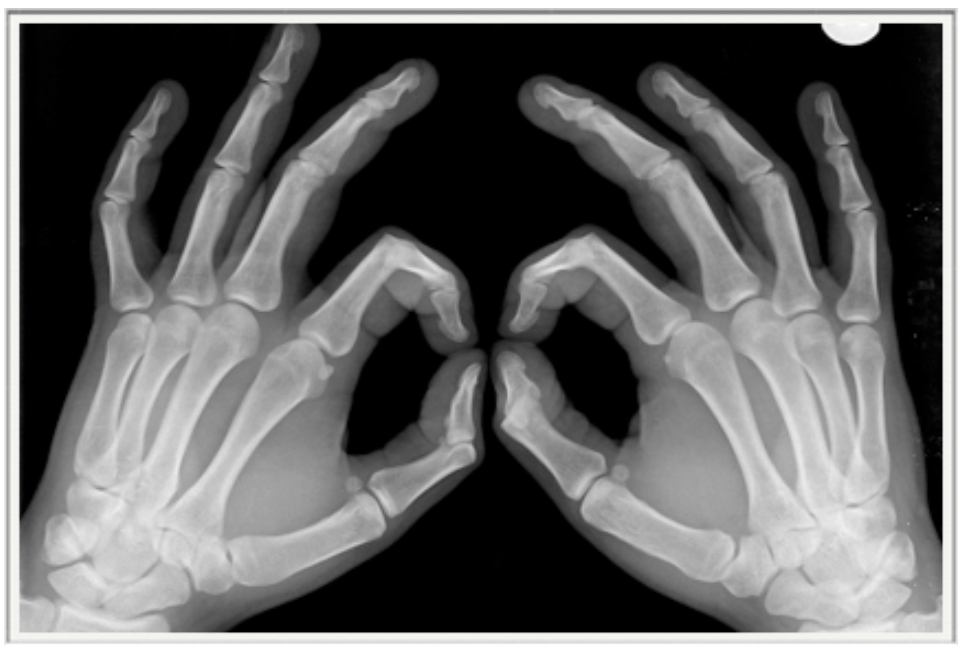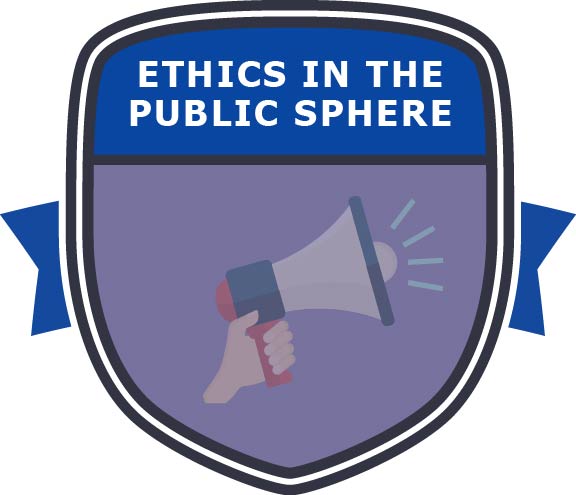Working Groups (WGs) seek to advance interdisciplinary research, teaching and/or best practices in the humanities. The UF Humanities Center liaises with different WGs to help foster dynamic partnerships between faculty from diverse fields, students, and community members. Through collaborative work, WGs reach across and beyond individual disciplines to produce outcomes that broadly further the mission of the humanities, including but not limited to publications, digital projects, creative works, teaching resources, professional development, public programming, grant applications, and/or certificate programs.
Please note, the Humanities Center does not offer funding for WGs. However, WGs may apply for internal funding for support. WGs are expected to organize their own meetings and events. For information about how you can get involved with an existing WG, please email the group’s contact directly or visit their website. If you are interested in sharing information about your group on our page, please contact humanities-center@ufl.edu. If you wish to start a new WG, please contact Jaime Ahlberg, the Rothman Chair and Director for the Center for the Humanities and the Public Sphere.
Collective for the Interdisciplinary Study of Medicine and Culture (CISMaC)

The CISMaC facilitates projects that transcend disciplinary barriers and connect medical study with other fields, promoting work on the history of medicine, literature and medicine, medicine and the arts, health and ethics, intersections of health and gender, ethnicities and race, and, ideally, new inquiries not yet imaginable.
Digital Humanities Working Group (DHWG)
 The DHWG is an interdisciplinary group of faculty, staff, and graduate students who meet monthly to discuss specific projects and opportunities for the humanities in a digital age.
The DHWG is an interdisciplinary group of faculty, staff, and graduate students who meet monthly to discuss specific projects and opportunities for the humanities in a digital age.
Ethics in the Public Sphere

Ethics in the Public Sphere is an interdisciplinary, collaborative project that explores how to engage the moral dimensions of contemporary social and political issues. Our coordinating committee include Jaime Ahlberg (Philosophy), April Hines (Libraries), Anna Peterson (Religion), and Kim Walsh-Childers (Journalism). We provide resources for faculty, students, and the broader community through individual courses, teaching resources, and a variety of campus and community events, including panel discussions, “Ethics Cafés,” and public “Ethics on Tap” events focused on current social and political quandaries. Our three “pillars” are ethical reflection, information literacy, and active engagement in the public sphere.